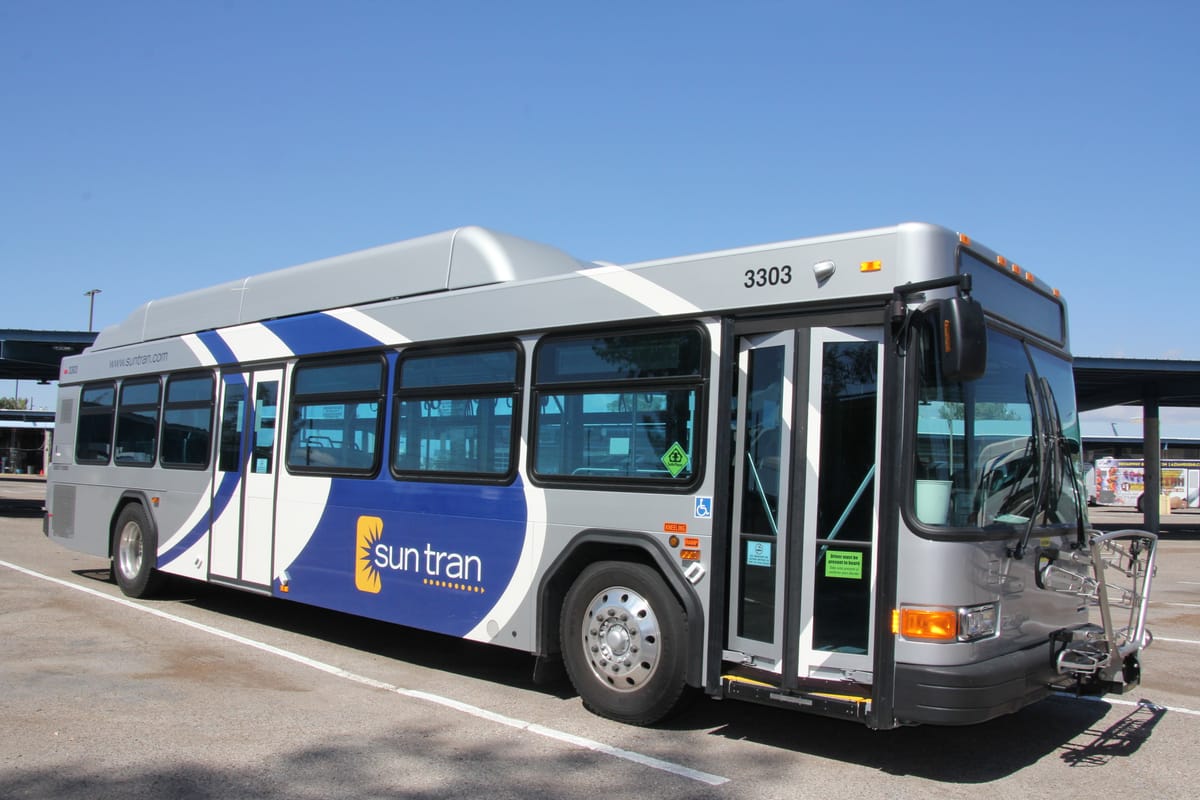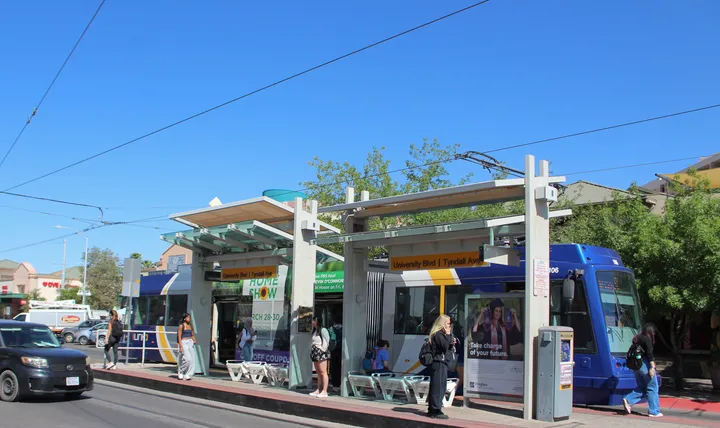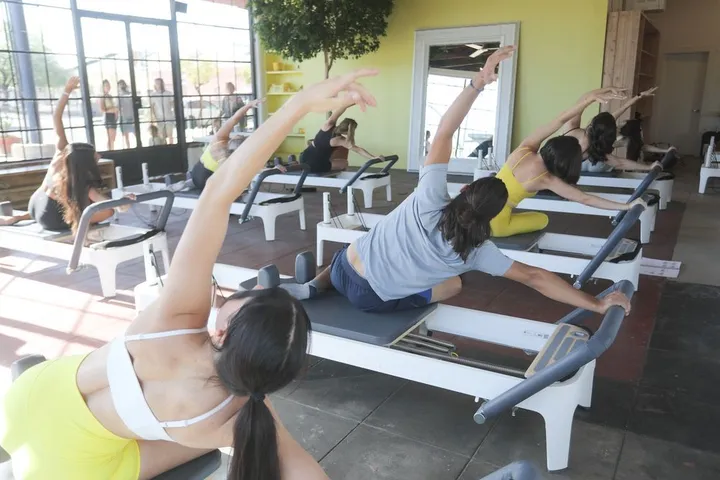Tucson leaders push for transit safety as reported incidents rise
The Tucson City Council is taking action on public transit safety after data showed thousands of incidents at bus stops and on buses.

The Tucson City Council is stepping up efforts to address rising safety and maintenance concerns on the city’s public transit system, with Mayor Regina Romero saying that protecting passengers and operators remains a top priority.
The council spent nearly an hour discussing the issue during its Oct. 8 study session, with Romero acknowledging that many residents are concerned about the security and maintenance of the city’s public transportation system.
“The community’s safety is my number one priority,” Romero said.
While the next Regional Transportation Authority plan includes funding and provisions for increased safety measures, voters won’t decide whether to approve the plan until March.
“We can’t wait until March to institute changes,” Romero said.
Sun Tran data show that 25,060 incidents were reported between 2023 and 2024, and at least 15,394 incidents were reported between January and May of 2025.
Sun Tran’s network includes 2,276 bus stops, 1,835 of which are located within Tucson city limits. About 80% of incidents occurred at bus stops or on buses, with vandalism, loitering, and public drug use among the most commonly reported.
Sun Tran recently conducted a public survey and an operator survey to gather feedback about what passengers and operators see as the biggest threats or security concerns.
Among the 228 passengers who responded, 49% said they felt unsafe at transit centers, 39% said they felt unsafe at bus stops, and 32% reported feeling unsafe while riding.
Of the 425 operators employed by Sun Tran, 118 responded to the survey. In contrast to passengers, 71% of operators said they felt their bus routes were unsafe, and 72% said Sun Tran was not making a “good effort” to address these concerns.
In August, the city council voted to extend fare-free public transportation.
Many critics of the policy believe it has contributed to an uptick in incidents at bus stations and stops, with some suggesting that reinstating bus fares could make the system safer for all.
Councilmember Lane Santa Cruz said during the meeting that reinstating fares would not solve the problem.
“I was in the city of Phoenix this weekend and I can testify, with them having fares, I saw the same issues at their bus stops and freeway entrances,” Santa Cruz said.
Tucson Police Chief Chad Kasmar also disagrees that the fare-free policy is the root of the problem.
“Our transportation issue is not the driver of our public health issue,” he said, adding that his department’s resources are already stretched thin.

Sun Tran has brought on private security through American Guard Services to help fill that gap, posting security guards at stops, transit centers, and on buses.
But security guards cannot make arrests or enforce the law and must call for a police officer to lawfully detain a suspect.
Romero said the council is aware of the problems and is working to find shelter options for the city’s unhoused population.
“We’re doing a lot of this work already to make sure that we’re creating programs that are offering the services to the most vulnerable,” Romero said, adding that enforcing the law does not mean compromising these services. “There has to be consequences for unlawful behavior.”
Councilmember Karin Uhlich pointed out that as a major city, Tucson is not alone in facing these types of issues, suggesting that the council look to other cities to see what has worked.
While the city has taken steps to reduce the number of incidents at bus stops, that has not stopped some businesses from requesting that nearby stops be moved or removed.
Although the city has the power to grant such requests, it’s not considered an ideal solution.
“We don’t want to set a dangerous precedent of removing a bus stop every time that we get a question or concern,” said Director of Transportation and Mobility Samuel Credio.
He said removing or relocating bus stops should be a last resort, since stops are typically placed to provide access to areas where walking to another stop would be impractical.
Quentin Agnello is a journalism major at the University of Arizona and Tucson Spotlight intern. Contact him at qagnello@arizona.edu.
Tucson Spotlight is a community-based newsroom that provides paid opportunities for students and rising journalists in Southern Arizona. Please consider supporting our work with a tax-deductible donation.



